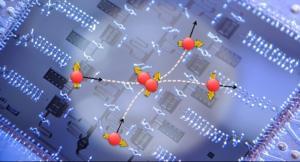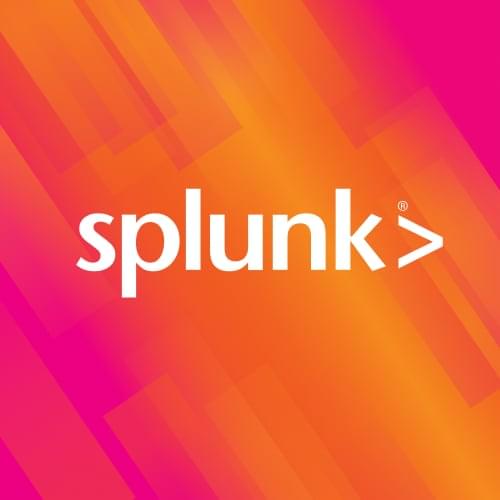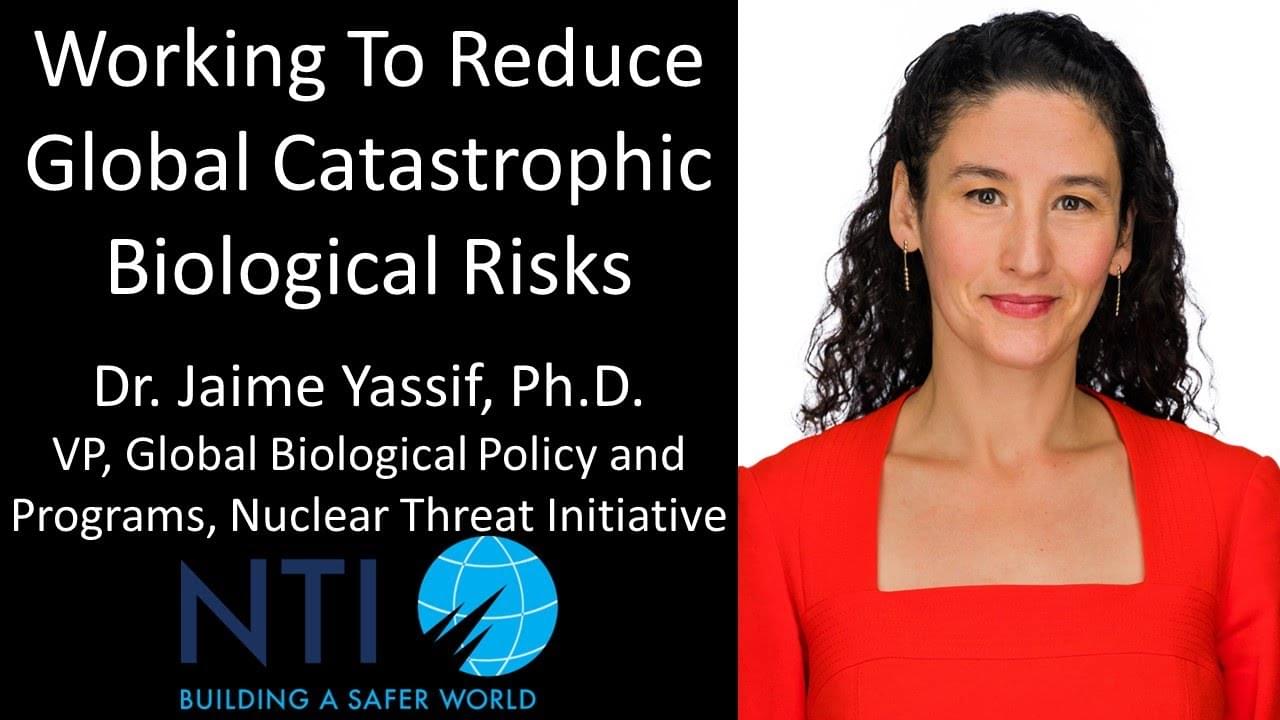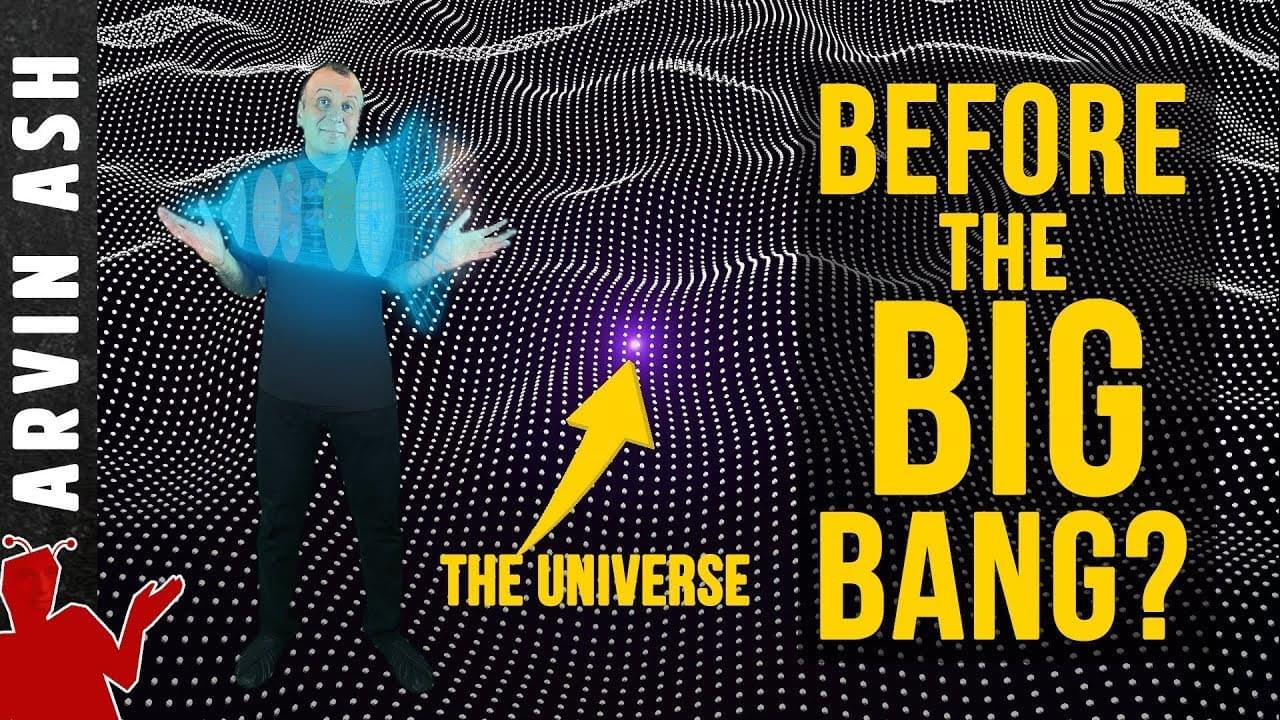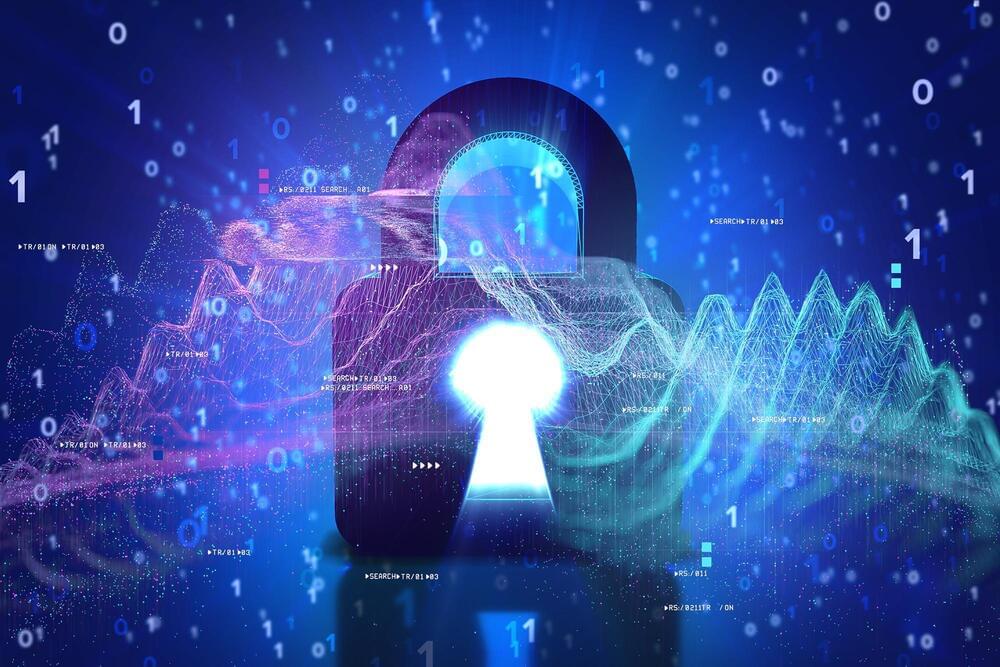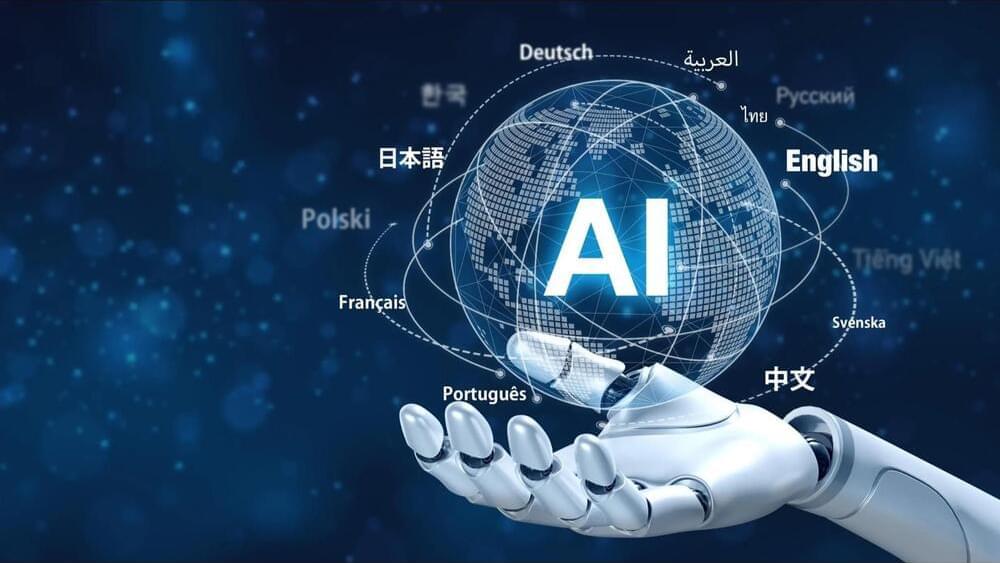May 11, 2024
Novel hybrid scheme speeds the way to simulating nuclear reactions on quantum computers
Posted by Dan Breeden in categories: computing, nuclear energy, particle physics, quantum physics, security
The nuclear reactions that power the stars and forge the elements emerge from the interactions of the quantum mechanical particles, protons and neutrons. Explaining these processes is one of the most challenging unsolved problems in computational physics. As the mass of the colliding nuclei grows, the resources required to model them outpace even the most powerful conventional computers. Quantum computers could perform the necessary computations. However, they currently fall short of the required number of reliable and long-lived quantum bits. This research combined conventional computers and quantum computers to significantly accelerate the prospects of solving this problem.
The Impact
The researchers successfully used the hybrid computing scheme to simulate the scattering of two neutrons. This opens a path to computing nuclear reaction rates that are difficult or impossible to measure in a laboratory. These include reaction rates that play a role in astrophysics and national security. The hybrid scheme will also aid in simulating the properties of other quantum mechanical systems. For example, it could help researchers study the scattering of electrons with quantized atomic vibrations known as phonons, a process that underlies superconductivity.
